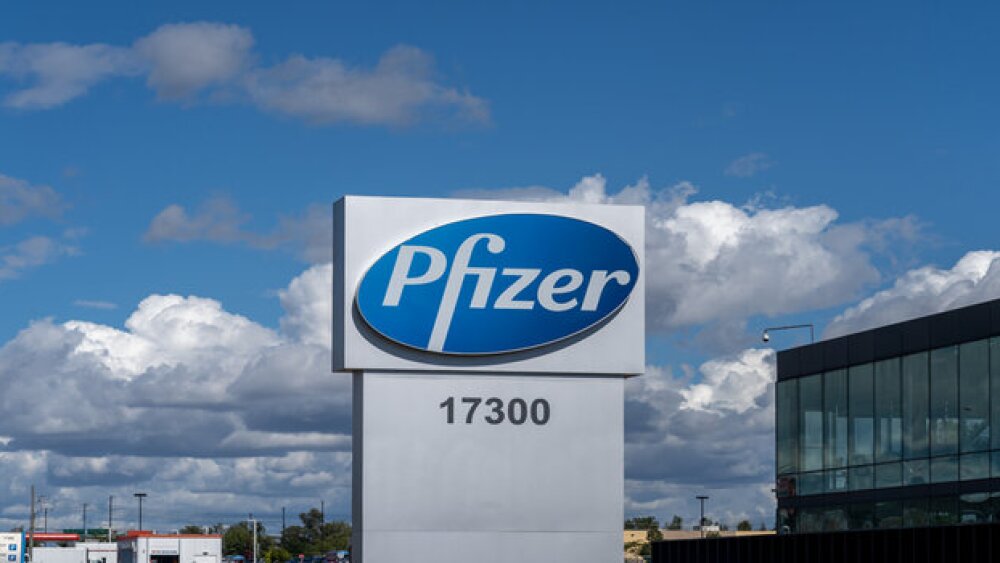First company to demonstrate proof-of-concept of the therapeutic potential of extracellular vesicles in two divergent animal species and two stroke types
“The results published today further validate our exciting new approach for neurodegenerative and CNS disorders,” said Steven Stice, Ph.D., co-founder, chief executive and chief scientific officer of ArunA Biomedical, who led the study with the Regenerative Bioscience Center at the University of Georgia. “This study, coupled with our previously published studies focused on a mouse model, represents the first time that a company demonstrated proof-of-concept of the therapeutic potential of extracellular vesicles in two divergent animal species and two stroke types—embolic and ischemic.”
This is the third study recently completed by ArunA, the first two of which demonstrated improved outcomes in middle-aged and aged mice following embolic stroke.
“The study published today is significant because the pig brain is architecturally similar to the human brain,” Dr. Stice continued. “Like the human brain, the pig brain contains more than 60 percent white matter, the tissue most vulnerable to pathological processes that follow ischemic stroke. This compares to the rodent brain containing approximately 10 percent white matter. These results represent a significant step in our plan to develop a new, cell-free treatment for stroke, a disease which claimed over 6.2 million lives in 2016 and is the leading cause of long-term disability in the U.S.”
Study results showed NSC EV treatment:
- Was neuroprotective
- Eliminated intracranial hemorrhage in ischemic lesions
- Improved behavior and mobility
- Decreased cerebral infarct volume and brain swelling
- Led to significant improvements at the tissue and functional levels
To view the results of this study, visit the publications page of the ArunA website.
About ArunA’s Exosomes
Since their discovery more than 30 years ago, extracellular vesicles—nanometer-sized cell-signaling particles— have been increasingly found to play a role in intercellular communication, capable of delivering functional proteins, mRNA transcripts and miRNA to cells throughout the body. Exosomes have the potential to target any cell in the body, exhibiting specificity for certain tissues. ArunA has established that its proprietary neural-derived exosomes cross the blood brain barrier and are internalized by neural tissue, delivering desired cargo to the CNS. The company’s stroke program has demonstrated the unique ability of its neural exosomes to enhance the nervous system’s protective mechanisms, leading to both structural and functional benefits in multiple preclinical models.
About ArunA Biomedical
At ArunA Biomedical, we are the experts in the design, loading and scaling of neural-derived exosomes, developing a new class of cell-free biologics and cell-mediated drug delivery systems to treat CNS and neurodegenerative disorders.
www.arunabio.com
View source version on businesswire.com: https://www.businesswire.com/news/home/20180412005439/en/
Source: ArunA Biomedical





